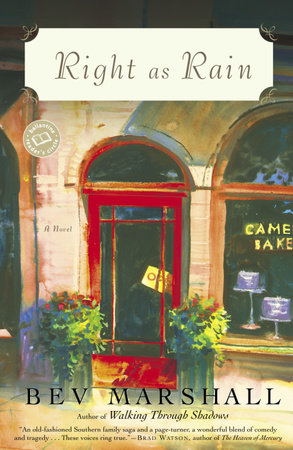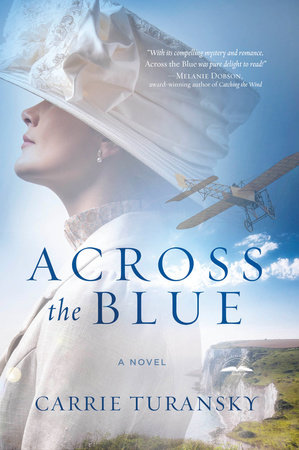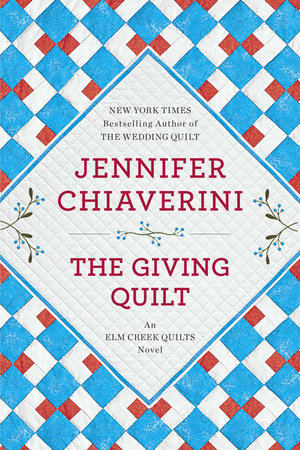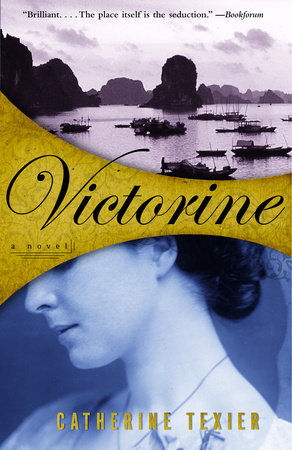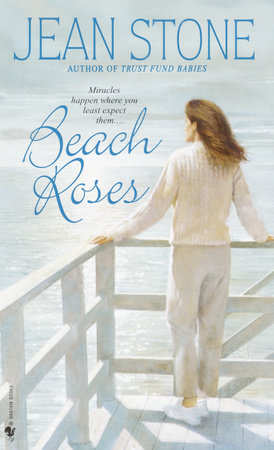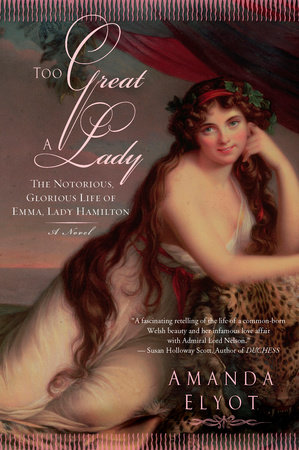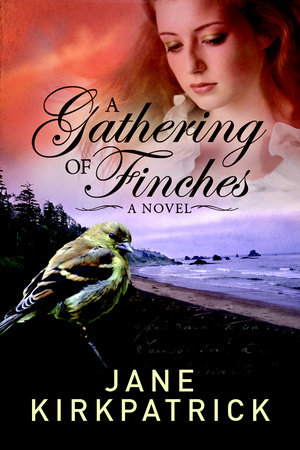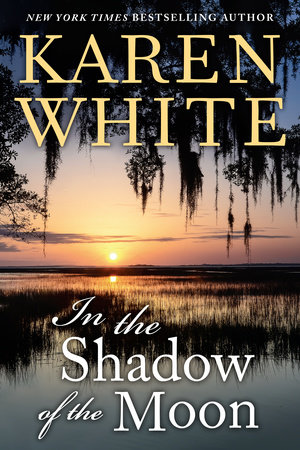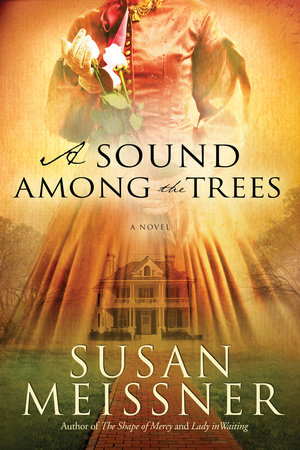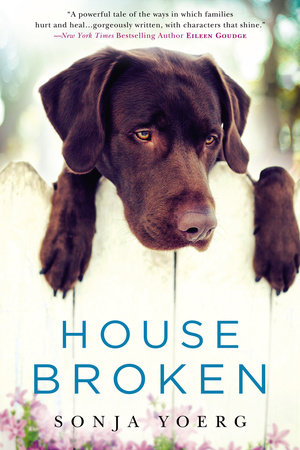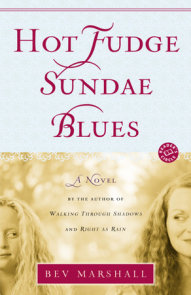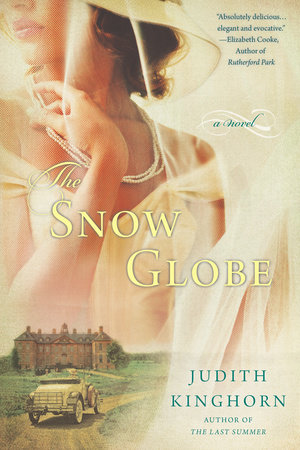Author Q&A
An Interview with Bev Marshall
Q:Where did you get the idea for Right as Rain? Did it come out of your own experiences growing up in Mississippi?
BM:Like nearly everything I’ve written, the genesis of Right As Rain is my family. I was visiting one of my numerous great-aunts with my father, and while sitting at her kitchen table, Aunt Bonnell related the story of Icey, who had accidently driven her truck over her son and killed him when he fell from the gate in my aunt and uncle’s pasture. I wrote a short story about this incident, which was rejected by Michael Curtis at The Atlantic Monthly with the observation that this "lively story-telling" was better suited to a novel. I had also written a short story about Crow dancing in a barn for an adolescent white boy, but I couldn’t capture Crow’s essence in the piece and had tossed it in my "someday maybe" file. As I began to develop the Icey story, I realized that Crow was meant to be a part of it and merged her character into the novel. As the novel evolved, I relied on memories of my childhood which were greatly influenced by my experiences in that era in rural Mississippi, where many of my relatives still live.
Q:What did you want to accomplish as a writer in Right as Rain?
BM:Primarily I just wanted to tell a good story that people would enjoy reading. I don’t write with an agenda. As a former teacher of literature, I believe that a reader’s engagement with a text depends on many factors, and what I want to accomplish in a story is irrelevant to them. It is what the reader seeks and accepts or rejects ultimately that matters.
Q:Are your characters based on people you know or knew? How about Tee Wee and Icey, the two strong black women who occupy the center of the novel?
BM:I did not know Icey, but Tee Wee was inspired by an African American woman I knew who lived next door to my grandmother. Her daughter’s name was Tee Wee and I knew her only slightly. The relationship between them and much of their character traits were derived purely from my imagination. None of the other characters are based on anyone, except that Ruthie possesses some of my own traits . . . although, thankfully, I’ve been happily married to the right man for over thirty years.
Q:As a white woman, you’ve done something bold, and sure to be controversial, in this novel: namely, written about African Americans in the South just before and during the years of the Civil Rights movement. African American writers like Toni Morrison and the playwright August Wilson have argued that white writers simply don’t have the personal history—or, indeed, the moral right—to use the African American experience in this way. Are you sensitive to this position? How do you respond to it?
BM:I am very aware of the controversy between African American writers and white writers writing in black voices. I am extremely sympathetic to the views of writers like Toni Morrison and August Wilson, and I perfectly understand their position and think that, were I an African American, I may well feel as they do. I never intended to write in a black voice, but the first story I published was in the voice of an African Amercian girl. The story is called "Peddling Day" and was published in Maryland Review. I began writing it with a white protagonist as I was recalling going peddling in McComb, Mississippi, with my grandmother. But halfway through the story, I heard the voice of Katie and realized that this voice was not mine, but that of a black child. Another story which later became a chapter in Right As Rain was originally a short story called "White Sugar and Red Clay," which was published in Xavier Review. The same scenario occurred while I was writing this story. It was about an incident in my father’s early life in which he had had to shoot his own dog after it had killed a beagle and its puppies. Suddenly, the child was speaking in an African American voice and I had to rewrite the story accordingly. Certainly, I cannot understand the pain of being an African American in the South, either during the era I wrote about, or even today. However, I can understand pain, rejection, humiliation, the range of human emotion that I have personally experienced, and I have tried my best to convey the hearts and minds of these black characters with love, tenderness, and compassion.
In my first novel, Walking Through Shadows, I wrote about a deformed, slow-witted, abused young woman. I have not experienced abuse nor thankfully have I suffered as that character did in the novel, and yet many people wrote to me saying that I had captured the heart of victims like Sheila. I hope that in Right As Rain, those who have suffered prejudice and atrocities will accept and perhaps even embrace my attempt to tell their stories.
Q:Do you see yourself as a Southern writer, a woman writer . . . or just a writer?
BM:I am a writer, a woman, a Southerner. I have lived from the East Coast to the West Coast of this country and in England for several years, and no matter where I lived, I was always readily identifiable as a Southerner. I frankly could care less whether I’m labeled as a Southern Writer, a Woman Writer, or a Writer. I just want to be a GOOD writer!
Q:Your novel tells a big story-race in modern America-through a lot of little stories: the personal stories of your characters, which unfold at an unhurried yet captivating pace, through multiple points of view. Did you plan to write the novel in this way, or did it just happen? How much do you know about how your books are going to be structured, who the characters are, and what the plot is going to be, before you start writing, and how much comes to you during the writing process?
BM:I co-authored a custom text book for Southeastern Louisiana University, and I chose the title, Acts of Discovery, because to me writing is discovery. No matter whether it’s a college essay, a letter, or a novel, we discover as we write. I wrote Walking Through Shadows in first-person voice with one point of view, discovered it didn’t work, and then threw out over 200 pages and rewrote it in multiple points of view. When I set out to write Right As Rain, I wasn’t even sure it would become a novel, and the first version of this short story that got out of hand was 631 pages long. As I wrote, I discovered another story, another voice, another twist in the plot.
The characters lead me; for the most part, I follow them. I think of each of my novels as a charm bracelet. I begin with only the bare chain: there are all of these holes that can be filled with a character or an event, and I add a charm, one character or one event, then I connect another charm to the bracelet, and so on, until I’ve reached the clasp and know that my bracelet is complete. That’s when I begin to rewrite, polish those charms, take one off, exchange it for something better, until I’m satisfied that I’ve done my best.
Q:One of the things that amazed me the most about Right as Rain is that you use so many point-of-view characters, get inside the heads of so many different people, male and female, adult and child, black and white, and yet every single one of them is completely distinct and unique. How do you imagine yourself into so many kinds of people, and keep them all straight?
BM:This amazes me too, and I wish I could take credit for it, but the fact is that I hear those voices. I’m not schizophrenic (at least, I’m not on medication), but I do actually hear the voices as I write. Sometimes when they’re all talking at once, I’m pretty interesting to live with, but mercifully, I generally only hear one at a time.
Q:When did you first know that you were a writer, and how did you know?
BM:When I was in my thirties, I took a creative writing class at Christopher Newport College in Newport News, Virginia. Jay Paul, a wonderful poet and teacher, wrote in my evaluation that I had written some of the best stories he’d ever received in the class, and when I read that, I finally knew that I was a writer. Before that, I considered it a hobby, something I had to do that I loved. I compared it to my husband’s love of golf, outlets for our passions. I hadn’t realized that I actually had any real talent for it until this kind man typed that generous praise on my evaluation slip.
I think he’s also partly responsible for my teaching writing, forming writing groups, and championing young writers every chance I get. Even though I had published several short stories and essays, I didn’t consider myself a novelist until again another excellent writer and teacher, Douglas Glover, read a partial draft of Right As Rain during the New York State Summer Writers Institute. When I met him, the first question he asked me was could I quit my teaching job and finish the novel, because he loved it and believed it should be published. The incredible author and teacher, Nicholas Delbanco, seconded his opinion of my work, and I needed this kind of affirmation to keep going in the face of rejection from agents and editors at that time.
Q:Who are some of the writers who influenced you?
BM:When I was in junior high school, I worked in the library and began reading all of Charles Dickens, and then I dove into Tolstoy and swam right on through John Galsworthy and Sir Walter Scott. Much later I fell in love with the work of William Faulkner, Eudora Welty, Carson McCullers, Flannery O’Connor, Katherine Anne Porter. Then came Alice Walker, Alice Munro, Ernest Gaines, Toni Morrison. Clyde Edgerton’s first book, Raney, led me to think I could write Southern fiction, and I read Barry Hannah’s Airships and was hooked. Larry Brown, Reynolds Price, Ellen Gilcrest, Lee Smith, William Gay, Brad Watson, oh, so many wonderful, wonderful masters of fiction, I hate to mention only a few. I continue to learn from them all.
Q:Every writer has a different path to publication. What was yours?
BM:I fell in love with two women: Lisa Bankoff at ICM and Emily Heckman. I would walk through fire for either of them, as I believe I owe any success I have had or will ever have to them. And I think I’m going to be saying the same thing about Maureen O’Neal at Ballantine, who is the editor for Right As Rain.
Q:One of my favorite characters in Right as Rain is Tee Wee’s daughter, Crow. She is feisty, determined, and smart . . . all qualities that put her in some danger in her time and place. Can you talk a little bit about Crow, and her evolving relationship with Browder, the son of the white family that employs her mother?
BM:As I said earlier, I had written a short story about Crow that just didn’t work. I didn’t know much about her really, and when I began writing Rain, she danced back into the story. Of all the characters I have created, Crow is the one I find most interesting, and I think it’s because she has all of those qualities you mention. I’ve always admired women who know what they want, go after it, and get it. My mother was a great example of a woman who didn’t expect or accept failure, and she accomplished a great deal in her life even though she was an invalid for nearly half of her time on earth.
She instilled in me the belief that one didn’t have to accept the status quo, that just about any problem has a solution. Some who read the novel may think that Crow doesn’t get what she wants when Browder tells her that his wife is pregnant and that he can’t marry her, but I believe that Crow is the phoenix who rises out of ashes. Her song will continue to be heard while Browder will live in silent unhappiness. Browder was the last point of view I added. He hadn’t spoken to me, and I wrote most of the novel despising him for his weakness, but eventually, I came to understand his passion for Crow, his obsession, addiction. Then Crow’s and my heart softened, and we both fell in love with him despite his shortcomings, and I rewrote another hundred or so pages to allow them those brief moments of happiness.
Q:Your dialogue is so spot-on that I can’t help asking if you’ve ever written plays or movie scripts—perhaps adaptations of Right as Rain or Walking Through Shadows.
BM:I wouldn’t have the faintest notion of how to write a play or a script. I would, however, love to be on the stage or the screen mimicking all those voices. I see author readings as performances, and I love to read to audiences.
Q:What’s next from Bev Marshall?
BM:I can’t predict what’s next. Ballantine will publish my next novel, and I can, however, tell you what choices we’ll have. I have completed and am revising another novel, Dear Reda Rose, about a homely girl who writes post cards to soldiers during World War II and suddenly becomes popular when a training camp is set up near her home town. I am currently working on another novel, Unanswered Prayers, which is a coming-of-age story that begins with a thirteen-year-old girl named Layla Jay whose mother marries a revival preacher. I also have a collection of short fiction that’s quite eclectic and have written a guide for setting up and maintaining a writers group. And I’m hoping someone will ask me to read Crow’s dialogue on a New York stage!!
